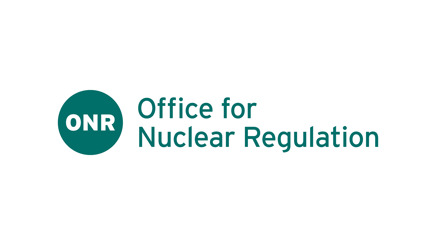It is essential that all nuclear licensed sites remain safe against the effects of climate change, including risks from flooding and increased air temperature. However, there are significant uncertainties surrounding climate change predictions. To ensure that sites remain safe, ONR expects licensees to design against reasonably foreseeable climate change. This includes periodically reviewing new data and advances in climate science, to determine if further measures are needed to ensure that sites remain protected in the future.
Consideration of climate change is particularly important for new build sites. This is because the lifetime of new nuclear facilities extends several decades into the future, when the effects of climate change are potentially more significant. Licensees can design for future uncertainty by utilising the Managed Adaptive Approach - this builds flexibility into options and decisions taken today, so that they can be adjusted depending on what happens in the future.
ONR's Expert Panel on Natural Hazards ensures that it remains informed about the findings of the latest research into climate change. The Expert Panel is a group of independent academics and specialist consultants, covering a range of skill areas relevant to seismic, meteorological and coastal flood hazards, including climate change. The Panel provides ONR's External Hazards team with a valuable source of authoritative technical and independent expertise. This supports ONR's mission to protect society by securing safe nuclear operations (now and into the future).
ONR also frequently engages with the UK’s environmental regulators, the Environment Agency, Natural Resources Wales and the Scottish Environment Protection Agency, as well as research organisations and licensees. This on-going engagement allows ONR to remain informed and to ensure that nuclear sites remain safe from the effects of climate change.
